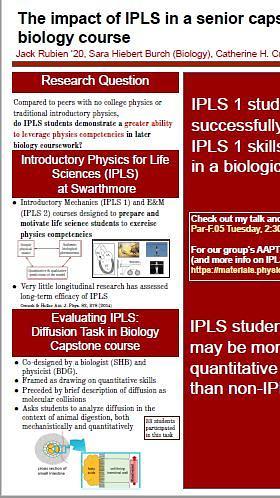Would you like to see your presentation here, made available to a global audience of researchers?
Add your own presentation or have us affordably record your next conference.
keywords:
incarceration
abolition
interdisciplinary
In the spring of 2018, the remains of 95 people were resurfaced on the grounds of a construction site in Sugar Land, TX. These remains were subsequently identified by archivists, historians, and archaeologists as 95 Black men and women who were subjected to the convict lease system, a penal labor system adopted by many Southern states post-Emancipation to mitigate the loss of economies solely supported by slave labor (Haley 2016; LeFlouria 2015; Perkinson 2010). In the three years that have passed since the initial resurfacing of the remains, much has occurred in the political, legal, and public sectors surrounding the historiography, archaeological analysis, and memorialization of the Sugar Land 95. As researchers whose bodies of work converge under a broad banner of inquiries into Black life, anti-Black violence, and resistance in the past and present, we ask: what responsibilities do we hold as researchers and practitioners towards the reconstruction of the lives and identities of the Sugar Land 95 and other men and women who have been subjected to incarceration? What stories are we telling are their behalf and for whom? Where and how do our disciplinary trainings fall short in research about the carceral state and from where and whom might we draw methodological inspiration? How might we radically shift and reimagine our disciplines through the lens of Black feminisms and rethink how the lives of the Sugar Land 95 are to be remembered and how incarceration might be researched? Using the Sugar Land 95 as a starting point, this panel brings together critical archaeological, biological, and sociocultural perspectives to question, understand, and grapple with their lives, the convict leasing system, and the contemporary carceral landscape. Drawing from Savannah Shange’s concept of “abolitionist anthropology,” which she in part conceptualizes as the “conjuncture of antiblackness theory and a critical anthropology of the state” (Shange 2019:7) and Christina Sharpe’s declaration that “the work we do requires new modes and methods of research and teaching; new ways of entering and leaving the archives of slavery” (Sharpe 2016:13), this panel invites scholars and practitioners into a conversation in which we grapple with slavery’s multiple and varied afterlives and attempt to imagine new, more ethical ways forward. Rather than offering a single path forward, panelists will bring a diversity of perspectives to consider how we create truths about the lives of the Sugar Land 95, the systems of power they were subjected to, and how we continue to live with the legacies of those systems to this very day.

